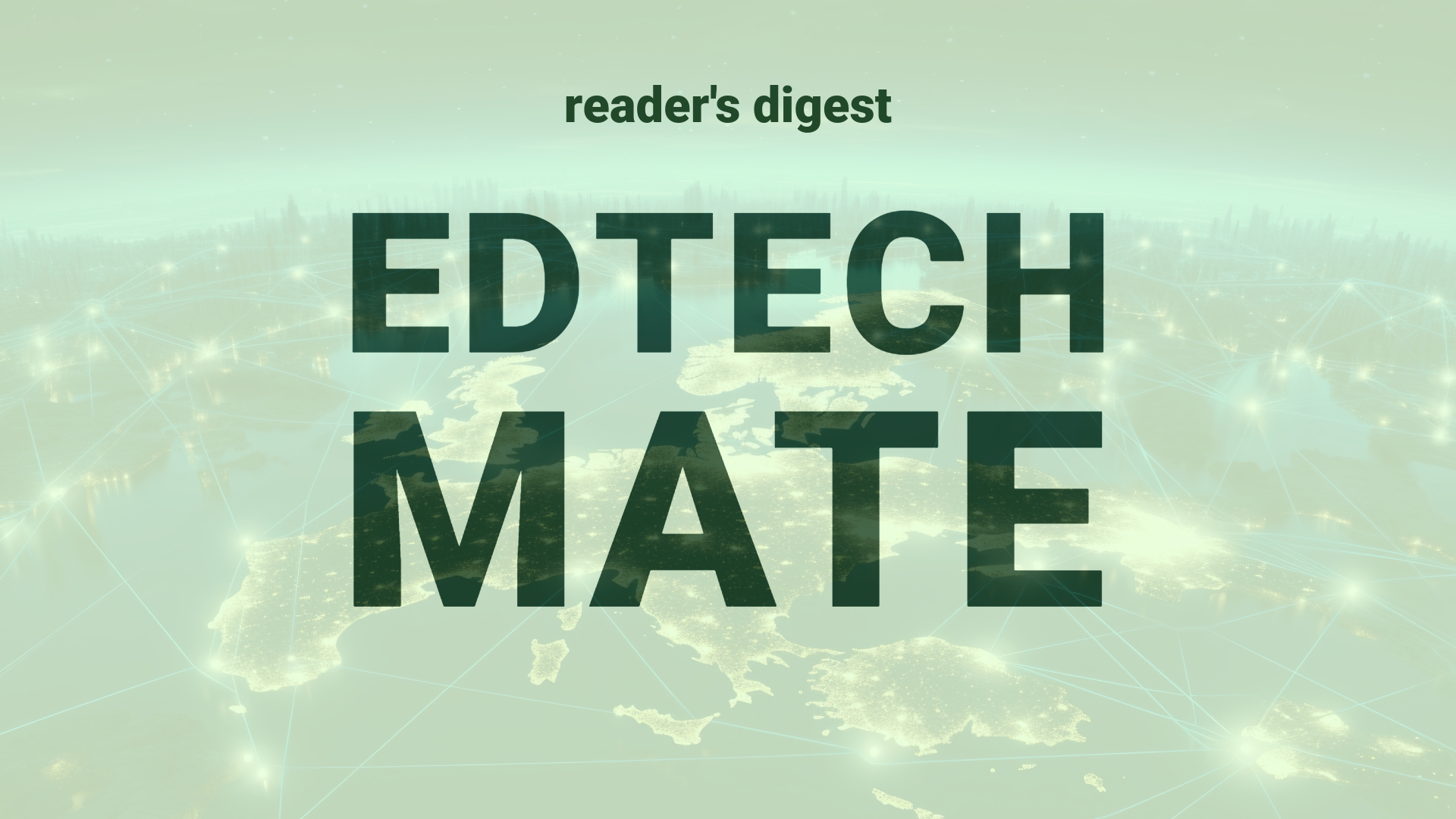“`html
Executive Summary and Main Points
In recent developments, open-source generative AI models have shown significant advancements. According to the Stanford AI Index Report, 149 base models were published in 2023, the majority of which are open source. Open-source models are rapidly narrowing the performance gap with commercial counterparts while offering transparency and auditable advantages. Additionally, they can be run securely behind corporate firewalls at no API call costs. However, security and risk complexities, such as new licensing terms, personnel shortages, and susceptibility to “jailbreaking,” present ongoing challenges within the sector.
Potential Impact in the Education Sector
The rise of open-source generative AI models has profound implications for Further Education, Higher Education, and the realm of Micro-credentials. These developments can drive down costs and increase accessibility, enabling institutions to integrate AI into curricula and research without prohibitive expenses. Strategic partnerships leveraging transparent and auditable open-source AI could foster collaboration across institutions, while the adoption of such models may streamline administrative tasks and facilitate personalized learning experiences.
Potential Applicability in the Education Sector
Innovations in open-source AI can be applied to develop intelligent tutoring systems, automate grading, and support diverse research initiatives. AI could assist in the creation of adaptive learning platforms, enhance language processing for global education settings, and offer robust data analysis tools for academic researchers. Furthermore, embracing open-source AI may spur the creation of new educational models and micro-credential programs that are personalized, scalable, and sensitive to diverse learner demographics.
Criticism and Potential Shortfalls
Despite the potential benefits, open-source AI in education faces criticisms related to quality control, data bias, security vulnerabilities, and ethical considerations. Models trained on problematic datasets or those manipulated by malicious actors can undermine educational integrity. The reliance on complex AI systems without fully understanding their decision-making processes raises ethical concerns. Real-world case studies have demonstrated the importance of rigorous evaluation, transparency, and ethical framework development to address these challenges.
Actionable Recommendations
To mitigate risks and maximize benefits, educational leaders should engage in proactive measures. Establishing guidelines for ethical AI use, seeking partnerships with reputable open-source AI providers, investing in staff training on data literacy and AI competencies, and implementing robust security protocols are recommended. Additionally, educational institutions should foster a culture of innovation that is mindful of open-source AI’s transformative potential while remaining vigilant about its challenges.
“`
Source article: https://www.cio.com/article/2112040/10-cosas-a-tener-en-cuenta-con-la-ia-generativa-de-codigo-abierto.html

